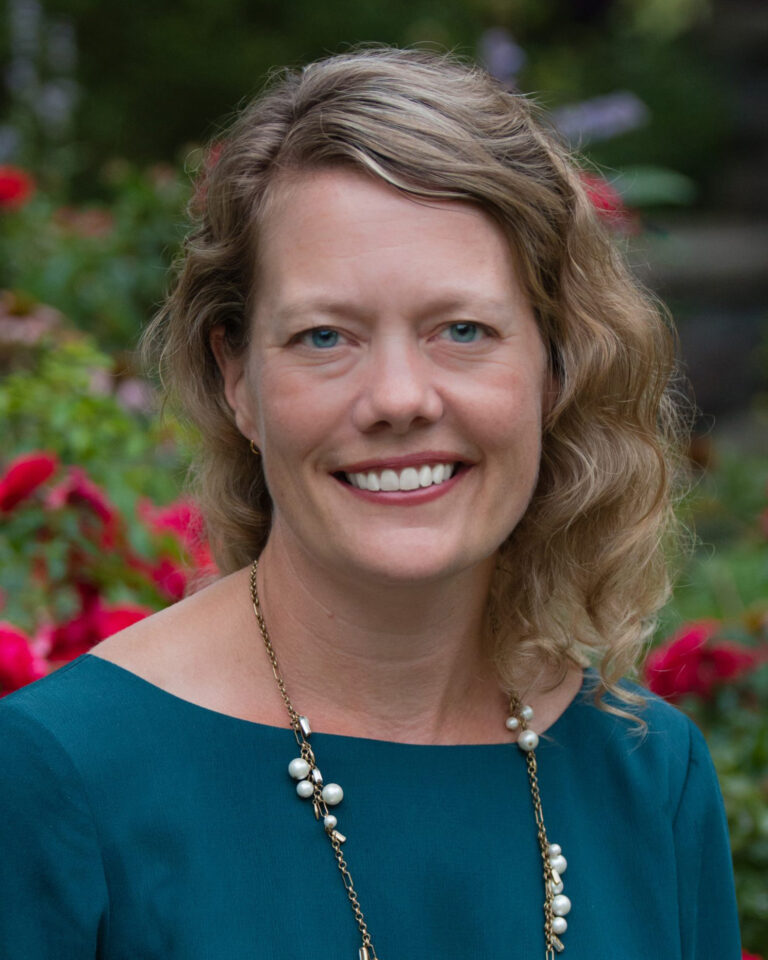Focus on MP: Teamwork Makes Remote Oral Exams Successful
By Matthew B. Podgorsak, PhD, Kalpana M. Kanal, PhD, Robert A. Pooley, PhD, ABR Trustees; J. Anthony Seibert, ABR Governor; and Geoffrey S. Ibbott, PhD, ABR Associate Executive Director for Medical Physics
June 2021;14(3):7

After a successful pilot administration to a limited number of candidates in March, the first full-scale Medical Physics Remote Certifying Oral Exam was held May 1-4. A total of 281 candidates in diagnostic, nuclear, and therapeutic medical physics were examined using a remote platform. Approximately 120 examiners, 50 navigators, and numerous ABR staff participated in the four-day event.
The platform was developed by the ABR IT staff, led by Scott Segal, Director of IT/IS, over the past 14 months. It includes a hybrid web browser and WebEx user interface that enables an examiner to display questions to a candidate while also interacting visually with the candidate during the exam period. Candidates have full control of their displays, allowing them to pan, zoom, and otherwise manipulate their views of an item. Each candidate also has a physical whiteboard for showing sketches to an examiner while discussing a question.
During the past year, Brent Wagner, MD, MBA, ABR executive director; Geoffrey Ibbott, PhD, associate executive director for MP; and the MP trustees and governor held several town-hall-style meetings with stakeholders to keep interested parties abreast of remote exam development and ask for input on critical decisions. Final preparation for the oral exam included numerous remote orientation and training sessions for examiners and candidates.
The oral exam was structured so that candidates were engaged simultaneously in the process irrespective of the time zone in which they took the exam. Each exam day started at 10 am EDT and ended at approximately 6 pm EDT. Two exam sessions were held each day, with each session comprising five periods during which a candidate interacted sequentially with five primary examiners. There was a secondary examiner observing each exam period who could seamlessly continue the exam if the primary examiner encountered technical difficulties. Thankfully, this happened infrequently. The schedule also included a recovery period at the end of the day. If a candidate had technical difficulty during an exam period that could not be resolved quickly, they could use the recovery period to continue their exam.
Each candidate’s exam experience was overseen by an ABR navigator who was dedicated to the candidate for the duration of their exam session. The navigator kept track of time between exam periods and responded to minor technical difficulties encountered by either the candidate or an examiner. The navigator was also able to promote a secondary examiner to the primary role when necessary.
Feedback from candidates and examiners was predominantly positive, with both cohorts pleased that travel was not necessary, which made the exams less disruptive compared to the previous face-to-face exams. Actionable suggestions for improvement will be incorporated into the platform and process, and we look forward to the next administration of the MP Remote Certifying Oral Exam on August 14-17.



